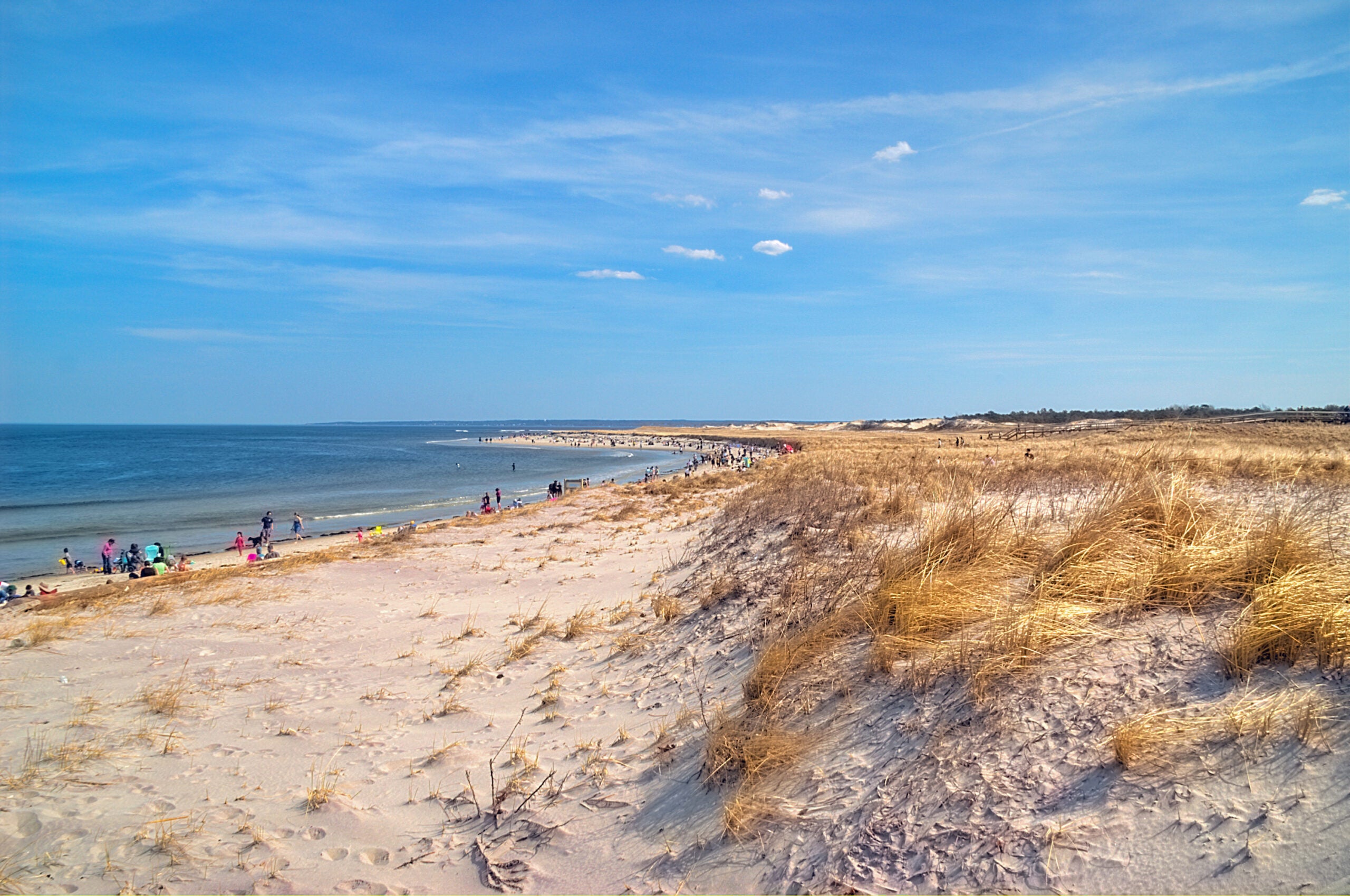Impact on Local Economy
Massachusetts beaches closed – The closure of Massachusetts beaches has had a significant impact on the local economy, particularly in coastal communities that rely on tourism and hospitality.
The closure of Massachusetts beaches has left many beachgoers disappointed, but there are still plenty of other ways to enjoy the summer. One option is to head to Saks Fifth Avenue , which is offering a variety of summer sales and events.
Saks Fifth Avenue is a luxury department store chain that sells a wide range of clothing, accessories, and home goods. The store is known for its high-quality merchandise and its excellent customer service. If you’re looking for a way to treat yourself this summer, Saks Fifth Avenue is a great option.
And, if you’re looking for a way to beat the heat, you can always head to one of the many beaches that are still open.
Businesses along the coast have reported substantial financial losses due to the lack of beachgoers. Many shops, restaurants, and hotels have been forced to close or operate at reduced capacity, resulting in lost revenue and layoffs.
The scorching sun has forced the closure of Massachusetts beaches, leaving beachgoers stranded and disappointed. As the heat wave continues, news of a Delta flight being diverted due to spoiled food has further dampened the spirits of those hoping for a refreshing getaway.
The incident, which occurred here , has raised concerns about the safety of airline food and the impact of extreme weather on travel. With the beaches closed and flights being diverted, the summer plans of many are being disrupted, casting a shadow over what was supposed to be a season of relaxation and enjoyment.
Tourism and Hospitality Industries
The tourism and hospitality industries are among the hardest hit by the beach closures. These industries rely heavily on summer revenue to sustain themselves throughout the year. With beaches closed, many businesses have lost their primary source of income.
- Hotels and motels have seen occupancy rates plummet, leading to layoffs and reduced hours for staff.
- Restaurants and bars have also experienced a significant decline in business, as beachgoers are no longer able to patronize their establishments.
- Retail shops that cater to tourists have been forced to close or operate with limited inventory.
Potential Job Losses and Economic Downturn, Massachusetts beaches closed
The economic impact of the beach closures is not limited to the businesses directly affected. The closures have also led to job losses and an overall economic downturn in coastal communities.
- Many seasonal workers who rely on beach-related jobs have been laid off.
- The decline in tourism has also had a ripple effect on other businesses in the area, such as transportation and entertainment.
- The overall economic downturn in coastal communities is likely to continue until the beaches are reopened.
Public Health and Safety Concerns

Swimming in contaminated beach water poses significant health risks due to the presence of harmful microorganisms, such as bacteria, viruses, and parasites.
Exposure to these pathogens can lead to a range of illnesses, including:
- Gastrointestinal infections, such as diarrhea, vomiting, and abdominal pain
- Skin infections, such as rashes, boils, and cellulitis
- Respiratory infections, such as pneumonia and bronchitis
- Eye infections, such as conjunctivitis and keratitis
- Ears infections, such as otitis media
To ensure public safety, authorities regularly monitor beach water quality and issue advisories or closures when contamination levels exceed safe limits.
Environmental Causes and Mitigation Strategies: Massachusetts Beaches Closed

Beach closures due to pollution are often caused by a combination of factors, including stormwater runoff, sewage overflows, and agricultural runoff. Stormwater runoff carries pollutants such as bacteria, nutrients, and sediment from impervious surfaces like roads and parking lots into waterways and coastal waters. Sewage overflows occur when wastewater treatment plants are overwhelmed by heavy rainfall or other factors, releasing untreated or partially treated sewage into the environment. Agricultural runoff carries pollutants such as fertilizers, pesticides, and animal waste from farms into waterways.
Existing mitigation efforts to reduce pollution include implementing stormwater management practices, upgrading wastewater treatment plants, and reducing agricultural runoff. Stormwater management practices such as green infrastructure and low-impact development can help to reduce the amount of pollutants entering waterways from impervious surfaces. Upgrading wastewater treatment plants can help to reduce the amount of untreated or partially treated sewage released into the environment. Reducing agricultural runoff can be achieved through practices such as conservation tillage, cover crops, and nutrient management.
Innovative Solutions and Technologies
- Advanced water treatment technologies such as membrane filtration and ultraviolet disinfection can remove pollutants from wastewater and stormwater runoff more effectively than traditional methods.
- Green infrastructure and low-impact development practices can be used to reduce the amount of pollutants entering waterways from impervious surfaces.
- Conservation tillage, cover crops, and nutrient management practices can help to reduce agricultural runoff.
- Real-time water quality monitoring systems can be used to track pollution levels and identify sources of contamination.